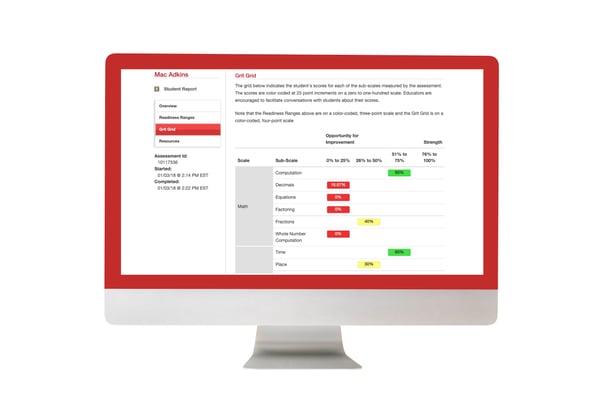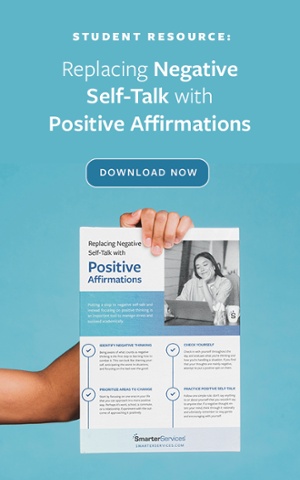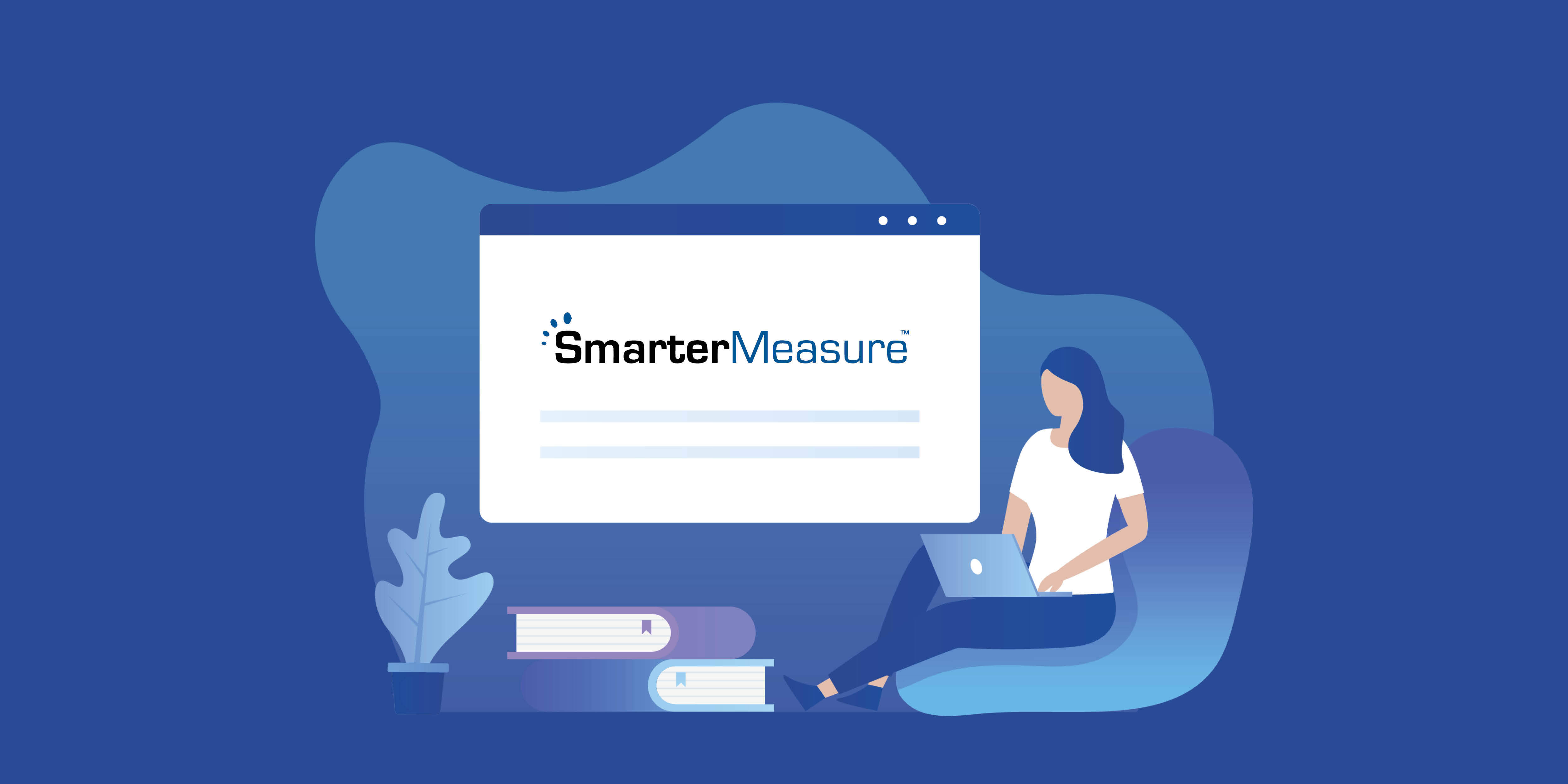
In this blog and video, we will be exploring good practices in student-centered academic advising including maximizing the use of non-cognitive data to enhance student self-awareness.
Regrettably, in the minds of many students the terms "academic advising" and "necessary evil" are synonymous. The dated mental image many of us have of an academic advisor involves standing in long lines holding a card that must be signed before you can register for classes. Hopefully at your institution the last decade has seen significant improvements not only in the technology used by academic advisors, but also in the much more holistic service they offer.
The first step in making your academic advising more personal is recognizing the critical role that advisors can play in student success.
"Relationships matter, and connection is central to building strong, effective advising and mentoring relationships," says Celia Cook-Huffman, assistant provost at Juniata College, a private liberal arts school in Huntington, PA that boasts an 85% retention rate. "When students have strong connections with mentors, they retain at higher rates."
Now, academic advising is much more than just guiding students into what courses they should take. It involves getting to know the student, understanding why they chose the institution, and exploring options for their future. As such, the advisor is often a conduit to other campus functions such as admissions, academic departments, as well as disability, health, and career services.

When an advisors is taking a holistic approach, they learn to "listen between the lines." Many times a student may not vocalize all of their concerns. They may not even understand their issues well enough to articulate them. A skilled advisor listens carefully and asks open-ended questions to get the student's point of view.
One suggested practice to further equip advisors to serve in this capacity is to encourage advisors to enroll in counseling and psychology courses at the institution.
 When an advisor is doing a good job of listening between the lines, they may uncover very personal, sensitive matters that need to be referred to other professionals. This could range from detecting a learning disability to revealing sexual abuse at home. In such cases the advisor should understand their limited role and scope and refer the student to appropriate campus and community resources.
When an advisor is doing a good job of listening between the lines, they may uncover very personal, sensitive matters that need to be referred to other professionals. This could range from detecting a learning disability to revealing sexual abuse at home. In such cases the advisor should understand their limited role and scope and refer the student to appropriate campus and community resources.
Serving a student in this manner could very well be one of the best things that can be done for the student and could position them for future success that otherwise may not have been possible.
The famous Greek maxim that was employed by Socrates, Plato, and others is "Know Thyself." One of the greatest services that an academic advisor can do is to guide the student along this pathway of self-discovery. While the college experience provides many touchstones of self-discmovery, one validated tool is the SmarterMeasure Learning Readiness Indicator. It is an assessment that fosters self-awareness of non-cognitive factors such as motivation, procrastination, and willingness to ask for help along with skills such as computing and keyboarding.
After students have taken the assessment, advisors are then equipped with a wealth of information to give the student insight into their traits, attributes, and skills. In addition to the student receiving a colorful, graphical, and intuitive score report, advisors are provided an advising report that displays the students' strengths and opportunities for improvement coupled with suggestions for meaningful feedback advisors can provide to students based on their scores.
Imagine that you are an academic advisor and one of your advisees comes into your office the second week of the term. They are discouraged because they received a poor grade on an assignment. What would you say to that student, "Hang in there and do better next week!" While that is encouraging, it is not developmental. But advisors can use the scores from SmarterMeasure as the "why" that often explains the "what" of student success. In this case, suppose the advisor looked at the student's assessment scores and saw that they were prone to procrastinate, had low levels of motivation, and struggled with instructional technology. This would then equip the advisor to have a much more meaningful conversation with the student.
If you would like to learn more about how your school can make its advising more personal through the integration of SmarterMeasure, I first encourage you to take a look at the following case studies:
- Overcoming Obstacles: Setting Learners Up for Success – Vanderbilt University
- Boosting Confidence and Increasing Student Success – Somerset Community College
- Providing Targeted Support for First-Time Undergraduate Students – University of North Georgia
Also check out these free resources that we provide to advisors to make their conversations more personal:
- How to Replaced Negative Self-Talk with Positive Affirmations
- How to Stay Focused and Study
- Tips for Time Management
- Controlling Procrastination
Finally, if you would like to take SmarterMeasure for yourself, just send a request to info@smartermeasure.com and we will provide you with access.



.jpg)


